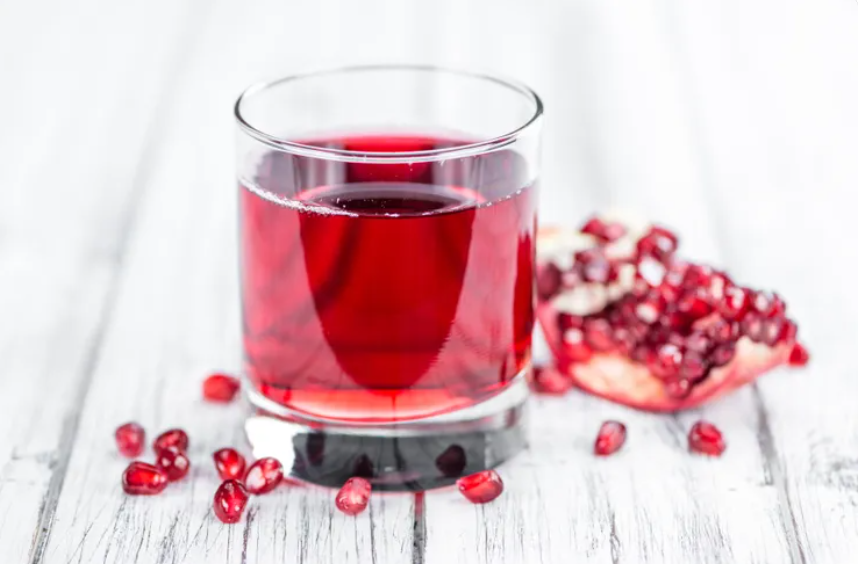Pomegranate juice isn’t just a refreshing drink — it’s a powerful natural remedy that’s gaining popularity for its heart health benefits, especially its impact on blood pressure. But what really happens to your blood pressure after drinking this ruby-red beverage? Let’s explore the science and the health potential of pomegranate juice.
Pomegranate Juice and Blood Pressure: The Connection
Pomegranate juice is rich in antioxidants, especially polyphenols like punicalagins, which help protect blood vessels and reduce inflammation. These compounds have been shown to support cardiovascular health, particularly by helping to lower blood pressure. What Happens to Your Blood Pressure After Drinking Pomegranate Juice?
Numerous studies have examined this effect:
- A study published in Phytotherapy Research found that daily consumption of pomegranate juice significantly reduced systolic and diastolic blood pressure in people with hypertension.
- Another clinical trial reported that drinking just 150 ml (about 5 oz) of pomegranate juice per day lowered systolic blood pressure by up to 7% after just two weeks.
How Does It Work?
Here’s how pomegranate juice influences your blood pressure:
1. Improves Artery Function
Pomegranate juice helps increase nitric oxide levels, a molecule that relaxes blood vessels and improves blood flow. This leads to lower blood pressure and reduced strain on the heart.
2. Reduces Angiotensin-Converting Enzyme (ACE) Activity
Just like some blood pressure medications, pomegranate juice can naturally inhibit ACE, an enzyme that constricts blood vessels. Lower ACE activity means more relaxed vessels and lower blood pressure.
3. Fights Inflammation and Oxidative Stress
High blood pressure often goes hand in hand with inflammation and oxidative damage in the arteries. The powerful antioxidants in pomegranate juice neutralize free radicals and reduce inflammation, promoting better heart health.
How Much Should You Drink?
Moderation is key. While pomegranate juice is beneficial, it is also naturally high in sugar. A small glass — around 150–250 ml per day — is generally enough to reap the blood pressure benefits without consuming too much sugar.
When Will You Notice a Difference?
Some people may experience improvements within 1–2 weeks, but long-term results are more likely with consistent, daily consumption. It’s important to view pomegranate juice as a complementary therapy, not a substitute for prescribed blood pressure medication.
Who Should Be Cautious?
- Diabetics: Due to the natural sugar content, blood sugar levels should be monitored.
- People on Blood Pressure Medications: Pomegranate juice can amplify the effects of medications, so consult your doctor before adding it to your diet.
The Bottom Line
Drinking pomegranate juice daily can be a natural and effective way to lower blood pressure, thanks to its antioxidant power and vessel-relaxing properties. Combined with a healthy diet and lifestyle, this vibrant juice may support a healthier heart and better blood pressure control.



